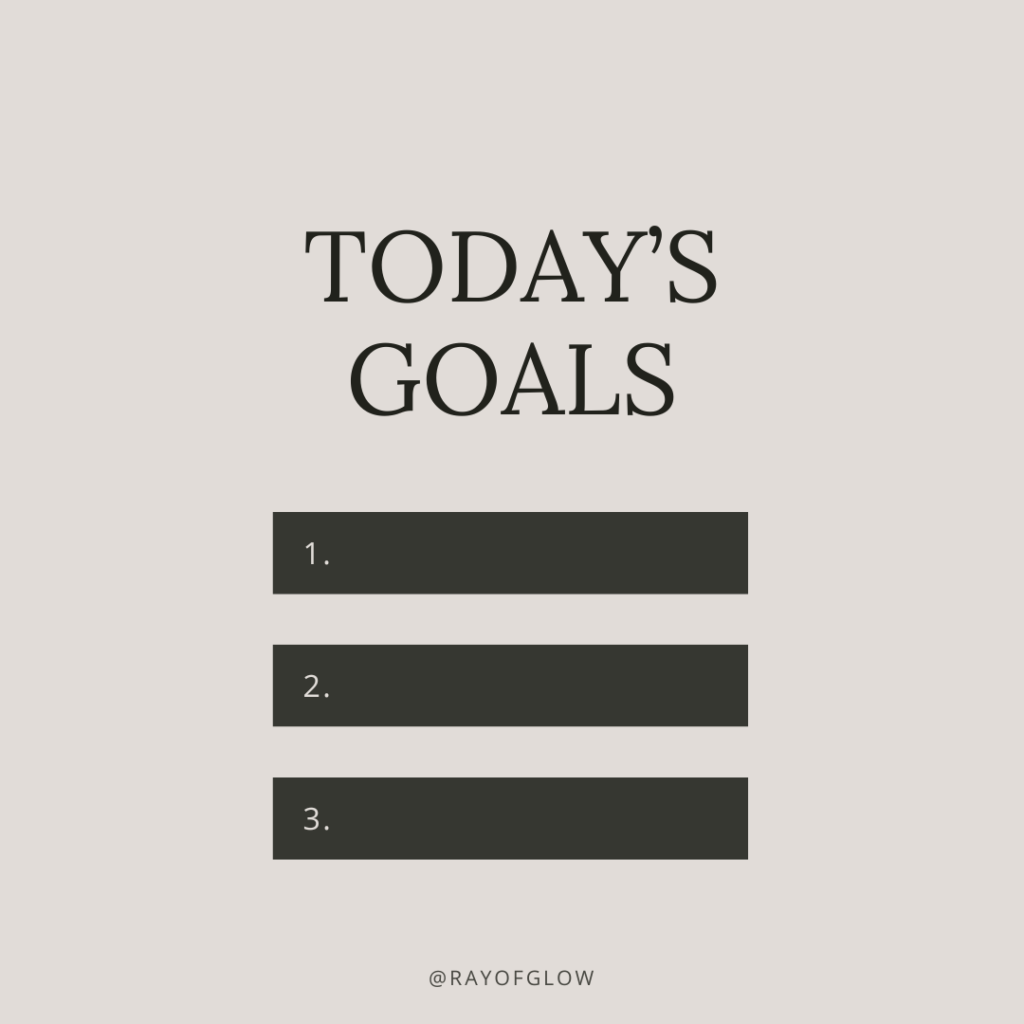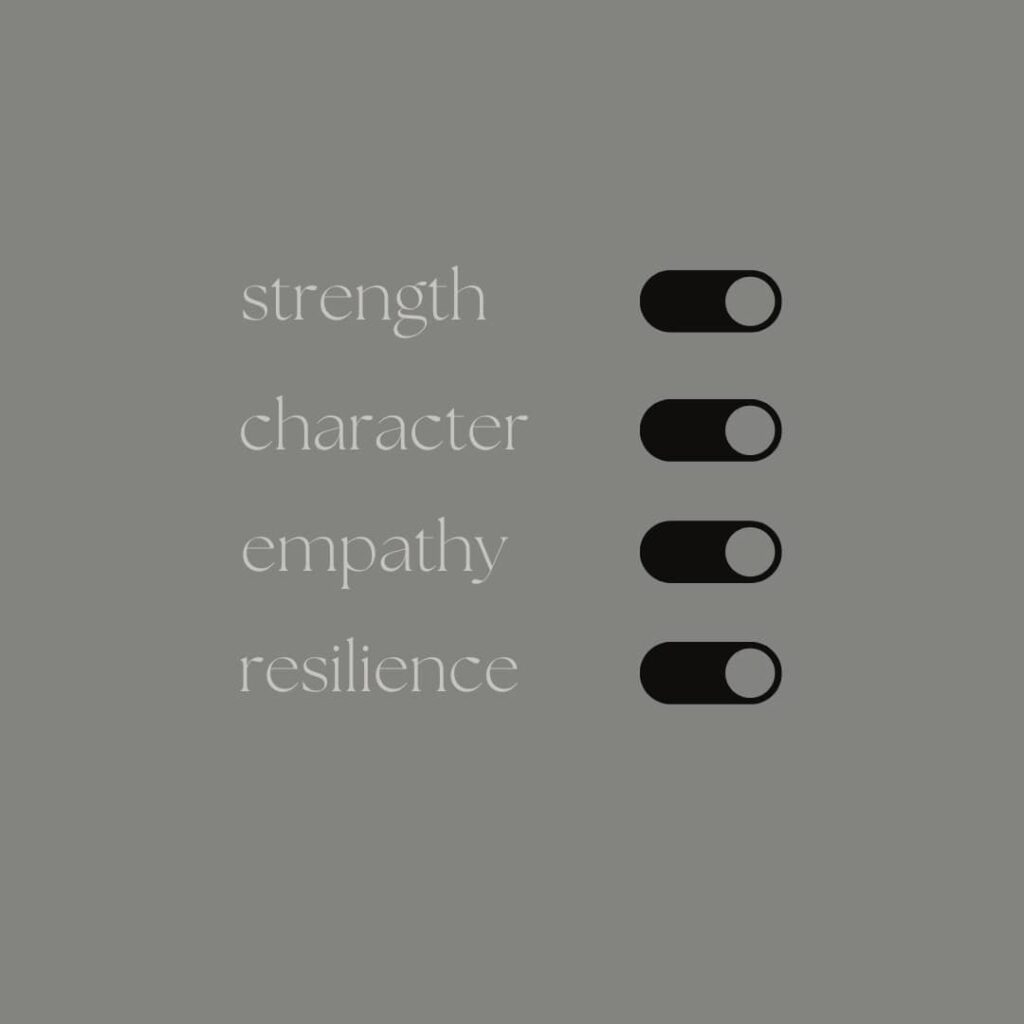Introduction to Personal Development

Understanding the Concept of Personal Development
Personal development is the lifelong process of self-improvement, self-growth, and self-discovery. It involves enhancing various aspects of our lives, including our skills, mindset, relationships, and overall well-being. By actively pursuing personal development, individuals can uncover their true potential and lead a more fulfilling life.
The Importance of Personal Growth
Personal growth is essential for our overall happiness and success. It allows us to continually evolve and adapt to the ever-changing world around us. By investing in ourselves, we can improve our confidence, resilience, and problem-solving abilities. It also helps us discover new interests, talents, and passions, ultimately leading to a more purposeful life.
Myths and Misconceptions Surrounding Personal Development
There are several misconceptions about personal development that can hinder individuals from embarking on their journey. One common myth is that it is only for those who are dissatisfied with their lives. In reality, it is beneficial for everyone, regardless of their current situation. Another misconception is that personal development requires drastic changes. However, even small, consistent steps can lead to significant personal growth.
Setting Goals for Personal Development

Defining Your Vision and Values
Before embarking on your personal development journey, it is crucial to define your vision and values. What do you envision for your future? What core values do you hold dear? By clarifying your vision and values, you can align your personal development goals with your authentic self. This helps ensure that your efforts are focused and meaningful.
Establishing S.M.A.R.T. Goals
Setting specific, measurable, achievable, relevant, and time-bound (S.M.A.R.T.) goals is a vital aspect of personal development. S.M.A.R.T. goals provide clarity and direction, making it easier to measure progress. For example, instead of setting a vague goal like “improve my communication skills,” make it more specific by saying, “attend a public speaking course and deliver a speech at a local event within the next six months.” This way, you have a clear roadmap to follow.
Creating an Action Plan for Success
An action plan is a roadmap that outlines the steps you need to take to achieve your personal development goals. Break down your goals into smaller, manageable tasks and set deadlines for each. This approach ensures that you stay on track and maintain momentum. Regularly check your progress, make necessary adjustments, and celebrate milestones along the way.
Cultivating Self-Awareness
Examining Your Strengths and Weaknesses
Self-awareness is the foundation of personal development. Take time to reflect on your strengths and weaknesses. By identifying your strengths, you can leverage them to your advantage. On the other hand, acknowledging your weaknesses allows you to focus on self-improvement in those areas. Seek feedback from trusted friends, family members, or mentors who can provide a different perspective.
Practicing Mindfulness for Self-Reflection
Mindfulness is a powerful tool for self-reflection. By practicing mindfulness, you can become more aware of your thoughts, emotions, and reactions. Take moments throughout your day to pause, breathe, and observe your inner world. Mindfulness helps you cultivate a non-judgmental attitude towards yourself, allowing you to gain insights into your behaviors and beliefs.
Developing Emotional Intelligence
Emotional intelligence is the ability to recognize and manage your emotions while empathizing with others. It is a crucial skill for personal development and building healthy relationships. Develop your emotional intelligence by actively listening to others, expressing empathy, and regulating your emotions. Emotional intelligence enhances your self-awareness, communication skills, and conflict resolution abilities.
Building Resilience and Inner Strength

Embracing Change and Adapting to Challenges
Resilience is the ability to bounce back from adversity and thrive in the face of challenges. Embracing change and developing adaptability are key components of building resilience. Instead of resisting change, approach it with openness and curiosity. View challenges as opportunities for growth and learning, knowing that they can lead to personal development and inner strength.
Developing a Positive Mindset
A positive mindset plays a significant role in developing ourselves. Cultivate optimism by focusing on gratitude, reframing negative thoughts, and surrounding yourself with positive influences. By maintaining a positive mindset, you can overcome obstacles, maintain motivation, and attract opportunities that align with your goals. Remember, positivity breeds positivity.
Cultivating Self-Compassion and Acceptance
Self-compassion and self-acceptance are essential for personal development. Treat yourself with kindness, understanding that mistakes and setbacks are a natural part of the process. Practice self-care, set realistic expectations, and celebrate your progress. Embrace your uniqueness and let go of comparison. Cultivating self-compassion and acceptance allows you to nurture a healthy relationship with yourself, leading to personal growth.
Enhancing Productivity and Time Management
Prioritizing Tasks Effectively
Effective prioritization is crucial for enhancing productivity and time management. Start by identifying your most important tasks and focus on completing them first. Use techniques such as Eisenhower’s Urgent-Important Matrix to categorize tasks based on their significance and urgency. This approach helps you allocate your time and energy wisely, preventing overwhelm and maximizing productivity.
Overcoming Procrastination
Procrastination can be a significant roadblock to personal development. Overcome procrastination by breaking tasks into smaller, more manageable steps. Set deadlines for each step and hold yourself accountable. Create a conducive environment that minimizes distractions and increases focus. Practice self-discipline and reward yourself for completing tasks promptly.
Implementing Strategies for Efficient Time Management
Effective time management allows you to make the most out of your day. Set specific time blocks for different activities, ensuring a balance between work, rest, and leisure. Use productivity tools and techniques, such as time-blocking or the Pomodoro Technique, to optimize your time. Regularly evaluate your schedule to identify areas of improvement and eliminate time-wasting habits.
Nurturing Healthy Relationships

Communication Skills and Active Listening
Healthy relationships are integral to personal growth. Develop effective communication skills by actively listening to others, practicing empathy, and expressing yourself clearly. Engage in open and honest conversations, allowing for meaningful connections. Be present in your interactions, avoiding distractions and judgments. Effective communication fosters understanding, collaboration, and personal growth.
Setting Boundaries and Maintaining Balance
Setting boundaries is crucial for nurturing healthy relationships and maintaining personal well-being. Clearly define your limits and communicate them assertively. Respect others’ boundaries and learn to say no when necessary. Establishing boundaries ensures that you prioritize your needs and maintain a healthy work-life balance. Remember, self-care is not selfish; it is essential for personal development.
Developing Empathy and Understanding
Empathy is the ability to understand and share the feelings of others. Cultivate empathy by putting yourself in someone else’s shoes, seeking to understand their perspective. Listen without judgment and validate their emotions. Developing empathy enhances your interpersonal skills, strengthens relationships, and broadens your horizons. It also fosters personal growth by expanding your capacity for compassion.
Frequently Asked Questions (FAQs)
Q: What is the difference between personal development and self-improvement?
Personal development and self-improvement are often used interchangeably, but they do have slight differences. Personal development encompasses a broader scope, focusing on all aspects of an individual’s life, including relationships, mindset, and well-being. Self-improvement, on the other hand, is more specific and often revolves around enhancing certain skills or attributes to achieve personal goals. Personal development is a holistic approach to self-improvement.
Q: How long does personal development take?
Personal development is a lifelong journey, and there is no specific timeframe for its completion. It is an ongoing process that continues throughout our lives. However, the duration of personal development goals can vary based on their complexity and individual circumstances. Some goals may be achieved within a few weeks or months, while others may take years of consistent effort and growth.
Q: Are there any specific personal development practices suitable for introverts/extroverts?
Personal development practices are not limited to specific personality types like introverts or extroverts. However, introverts may find practices such as self-reflection, journaling, and mindfulness particularly beneficial in their personal development journey. On the other hand, extroverts may prefer activities that involve social interactions, such as networking events, workshops, or joining social clubs. Personal development is a personal endeavor, and individuals should choose practices that align with their preferences and strengths.

Pingback: Personal Development: Five Essential Areas of Development - Ray Of Glow